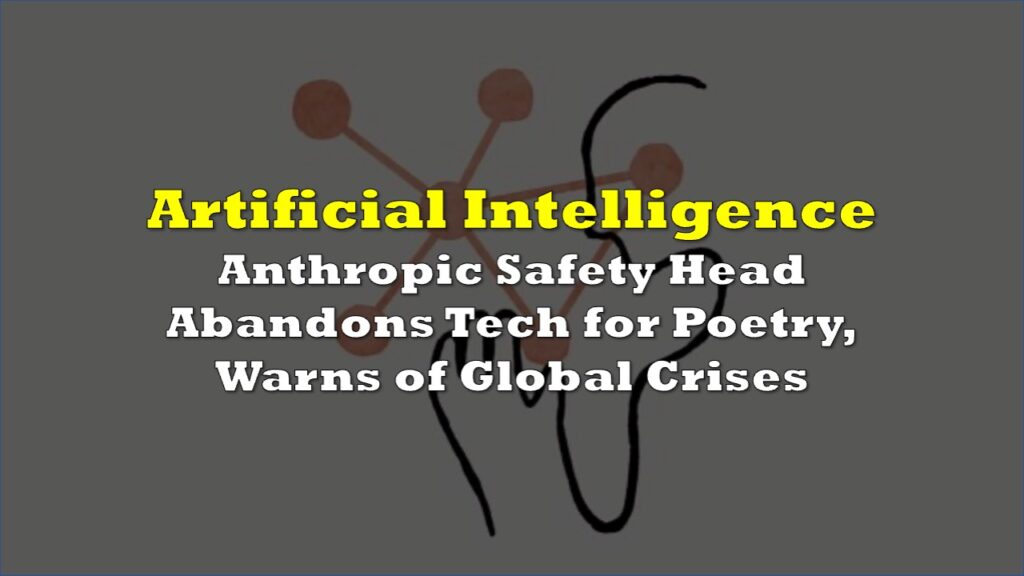A comprehensive research paper titled “Gen-AI: Artificial Intelligence and the Future of Work,” conducted by a team of economists at the International Monetary Fund (IMF), as part of IMF Staff Discussion Notes, reveals the transformative impact of artificial intelligence (AI) on the global economy.
AI, touted as the harbinger of a new industrial revolution, holds immense potential to reshape labor markets worldwide. Advanced economies, characterized by their focus on cognitive-intensive roles, are poised to experience both the benefits and challenges of AI adoption sooner than their emerging market and developing counterparts.
The study identifies several consistent patterns regarding AI exposure: women and college-educated individuals are more exposed to AI but are also better positioned to capitalize on its benefits. Conversely, older workers may face difficulties adapting to the technological shift. With approximately 60 percent of jobs in advanced economies and 40 percent in emerging markets exposed to AI, the research underscores the urgent need for strategic interventions.
Notably, while AI promises to increase productivity, it also poses risks of job displacement and income inequality. Unlike previous waves of automation, AI’s impact extends beyond middle-skilled workers to include higher-wage earners. The research suggests that the trajectory of labor income inequality hinges on the extent to which AI displaces or complements high-income workers.
Furthermore, the study emphasizes the importance of regulatory frameworks and support for labor reallocation in advanced economies. To effectively harness the advantages of AI, the proponents underscore the importance of countries’ preparedness and the ability of workers to adapt to the new technology. While advanced economies are well positioned to leverage AI, emerging market economies and low-income countries face challenges due to inadequate infrastructure and skill shortages.
Addressing these challenges requires a proactive approach from policymakers, focusing on promoting social cohesion, equitable integration of AI, and the retraining of workers at risk of displacement. The study also highlights the need for international cooperation to ensure responsible AI use, citing initiatives like the Bletchley Declaration as steps in the right direction.
In conclusion, as countries navigate the complexities of AI integration, concerted efforts are needed to mitigate potential risks and maximize its benefits for all segments of society.
Information for this briefing was found via the sources mentioned. The author has no securities or affiliations related to the organizations discussed. Not a recommendation to buy or sell. Always do additional research and consult a professional before purchasing a security. The author holds no licenses.









